The 5 things you need to consider when choosing an air purifier — and how to decide which type of air purifier is best for you
Air purifiers, demystified

Jullia Joson
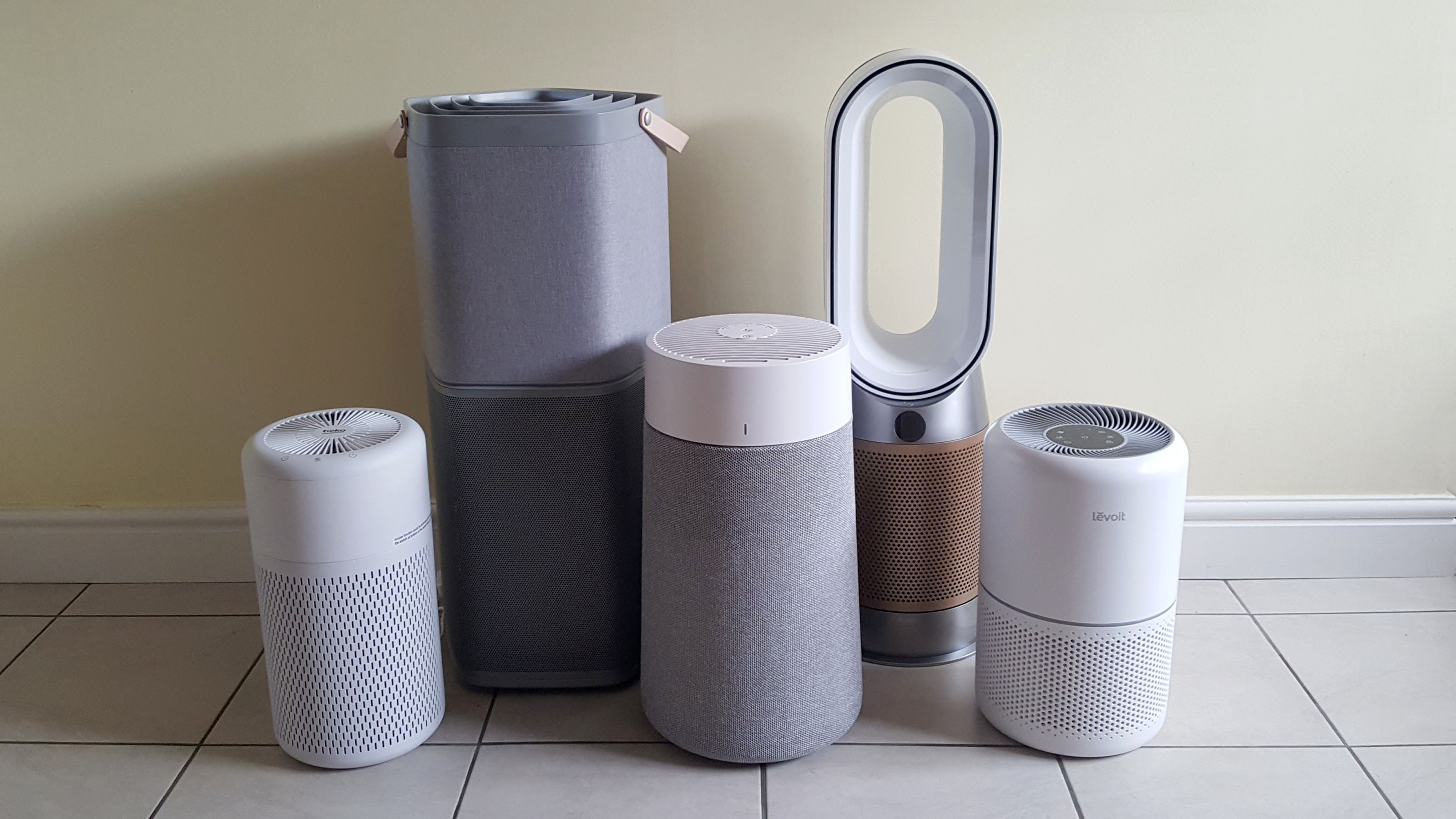
Sign up to our newsletter for style inspiration, real homes, project and garden advice and shopping know-how
You are now subscribed
Your newsletter sign-up was successful
Knowing which type of air purifier is best for you before purchasing one will ensure that the investment you make is one that you'll be pleased with for years down the line. After all, there are so many options out there.
Of course, among the roster of the best air purifiers currently on the market, there are a handful of features that differentiate them from one another that go beyond just size and noise levels. And one thing you need to know before buying an air purifier is that these features can affect its efficiency.
While air purifiers generally work to achieve the same result of improving indoor air quality, certain types of air purifiers are more effective in specific situations and for addressing specific issues. For example, certain air purifiers help with allergies better, whilst some air purifiers are geared to help deodorise damp, musty smells in the home. So, this is how to choose which air purifier is best for you.
1. Filter type
An air purifier wouldn’t be able to do what it does best without a filter. It’s this filter that captures the small airborne particles and prevents them from re-entering your home - but just as it’s important to replace this filter regularly, it’s also important to choose the right filter type. After all, there are many to choose from.
In fact, most air purifier manufacturers use a combination of filters within their models to ensure they’re as efficient and as effective as possible. Here’s a little lowdown of the most common air purifier filters out there:
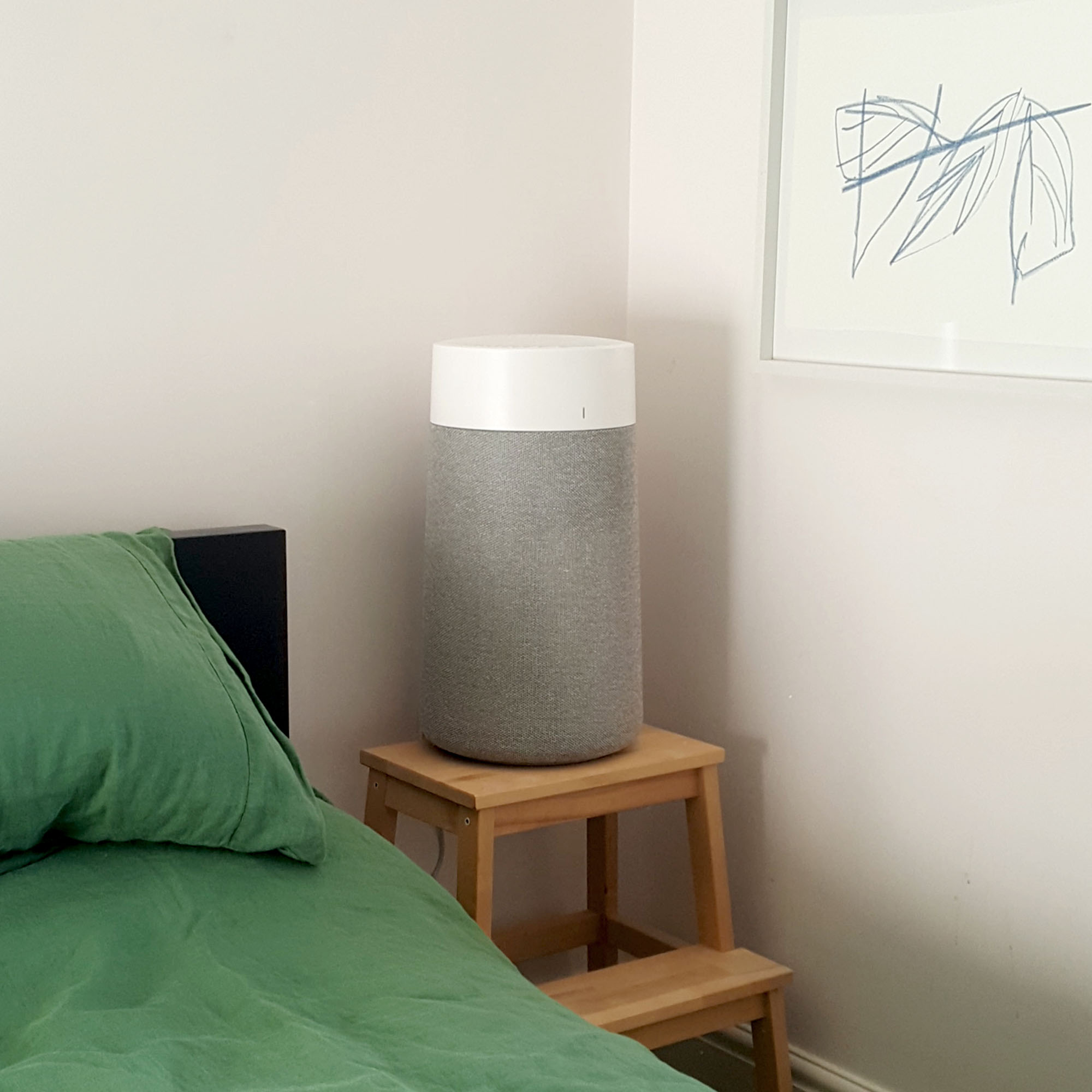
- HEPA filters: HEPA purifiers are often noted as the gold standard in air purifiers, standing as the best option if you're looking to invest in an air purifier to help with hay fever. This is because 'HEPA purifiers have an incredibly effective filter made up of thousands of extremely fine fibres and can catch the tiniest of particles, with a 99.97% efficiency in trapping particles, allergens, and pollutants,' explains Joshua Warren, air treatment expert at AO.com.
- Activated carbon filters: Alternatively, if you're looking to invest in an air purifier to get rid of bad odours in your home, it could be worth considering a model with an active carbon filter. 'Active carbon filter purifiers use activated carbon to absorb gases and odours, including volatile organic compounds (VOCs) from household products and smoke,' explains Joshua. 'These are best for homes with smokers, pets, or those concerned about eliminating odours and harmful gases.'
- Ioniser air purifier: Although it’s not technically a filter type, ioniser air purifiers offer an alternative method for cleaning the air. These ‘release negatively charged ions into the room to attach to positively charged particles like dust, bacteria, and pollen, making them heavier and easier for the air purifier to capture,' explains Colin Swift, product manager at AEG. However, some ionic air purifiers can emit harmful byproducts, like ozone, that can pose a risk to those with respiratory issues.
2. CADR rating
If you’re wondering which type of air purifier is best for you, it’s also important to consider the numerical specifications - most importantly, the CADR rating. This should be supplied within the product write-up of most air purifiers, although Dyson famously doesn’t provide CADR ratings for their air purifiers, and tends to offer their own specifications instead.
Marc Duckworth at Russell Hobbs, explains, ‘The clean air delivery rate (CADR) is a handy measurement that recognises the speed an air purifier can clean a certain volume of air. The higher the CADR, the larger the room the purifier is suitable for, but a super high CADR in a small room is unnecessary.'
Sign up to our newsletter for style inspiration, real homes, project and garden advice and shopping know-how
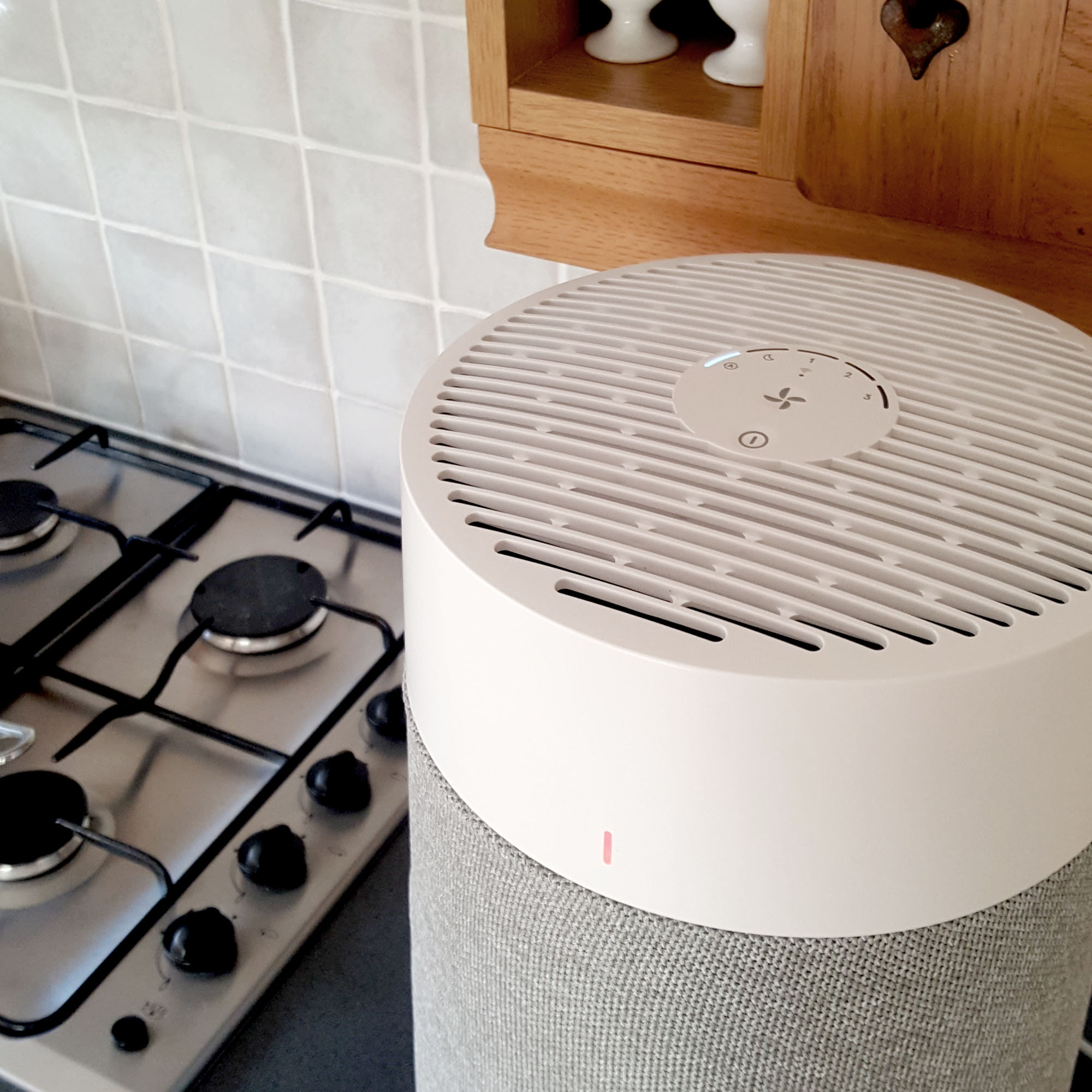
Because of this, it’s important to understand the size of your home and determine your requirements for an air purifier. After all, if you just want to pop an air purifier on while you’re cleaning to help with dust, a high CADR may not be necessary. But if you want to successfully pollen-proof your home, a higher CADR would suit you best.
Understanding the CADR rating can also help you know how many air purifiers you need, and what size you need. And another way to do this is to look at the number of air changes per hour. As a general rule of thumb, Chris Michael, managing director of Meaco, advises:
- 3x an hour for minor problems.
- 5x an hour for problems that affect your health.
- 7-8x an hour for issues that see you have regular medical support/hospital visits (in these cases, talk to your doctor as well).

Chris has been advising on humidity solutions and dehumidifiers since 1991 and is well known within the dehumidifier industry across the world as a lead on innovation and sustainability.
3. Noise levels
Another way to choose the right air purifier for your home is to consider noise levels. This is especially true if you plan on using an air purifier at night to help you sleep, as running any appliance overnight can result in unwanted noises and distractions.
As Lars Dunberger, technology development manager at Blueair, explains, 'Noise from air purifiers generally comes from the fan or motor and the air pressure through the filter.' And while noise levels can differ according to the design of the machine, most products come with a noise rating to help you know what to expect. This is measured in dB (decibel level) and tends to range between 18-60dB.
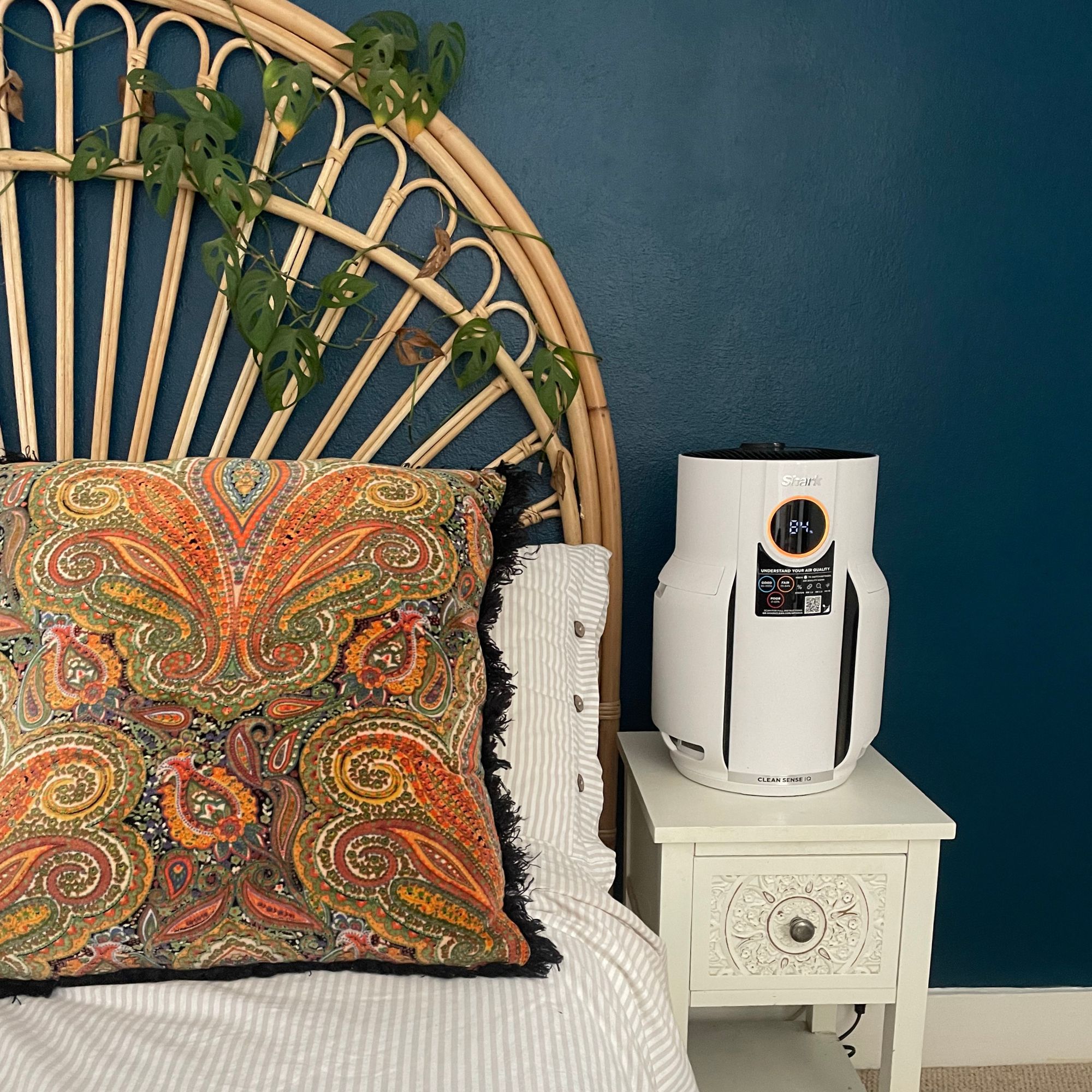
However, as Lars states, 'It should be mentioned that the dB value alone does not provide enough information to determine how "noisy" an air purifier is. The characteristics of noise, tone and how the individual subjectively perceives the noise also weigh in.'
This was certainly something I’ve found whilst testing air purifiers, with some models with higher dB ratings sounding like easy-to-ignore gushing air in practice, and some appliances with lower dB ratings causing more irritation due to whirring or mechanical noises.
4. Extra features
Nowadays, air purifiers aren’t just air purifiers. They can also be air purifying fans (like the Russell Hobbs Air Purifying Fan that I use in my own home), they can be air purifying fans and heaters like many Dyson models, and they can come with all kinds of other special features.
It’s important to consider these features when deciding which type of air purifier is right for you, as while some features may enhance your experience, others may be a hindrance or be unwanted in the first place.
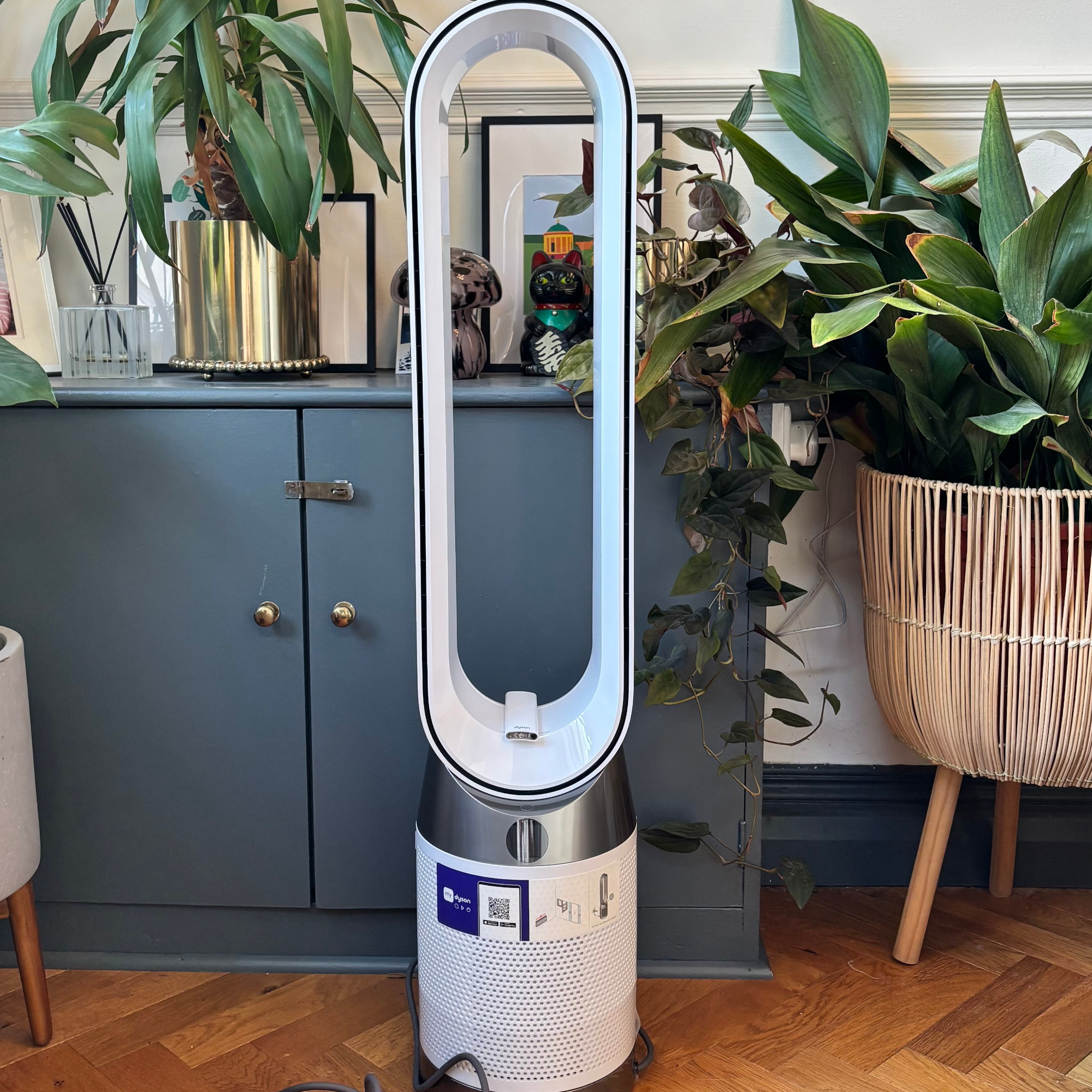
So, it’s best to weigh up whether you want WiFi connectivity, specific ‘Sleep’ modes that dim any lights and reduce noise, and whether you want an air purifier that can also be controlled through an app. All of these extra features should be included in the write-up of any model, so make sure you know what these are before buying.
It’s also worth understanding the ongoing costs associated with your potential air purifier, too, especially when it comes to replacing the filter.
5. Energy efficiency
You can find more details in our guide on the cost of running an air purifier, but to ensure you're not spending more than necessary on running costs, consider the two main factors: the air purifier's wattage and whether it comes equipped with an automatic mode.
The lower the wattage, the less energy the air purifier will use to run. However, the biggest factor in better energy efficiency is opting for a model with a built-in air quality sensor and an automatic mode. This means that the air purifier doesn't need to be left running on a high (energy-hungry) fan setting to do its thing.
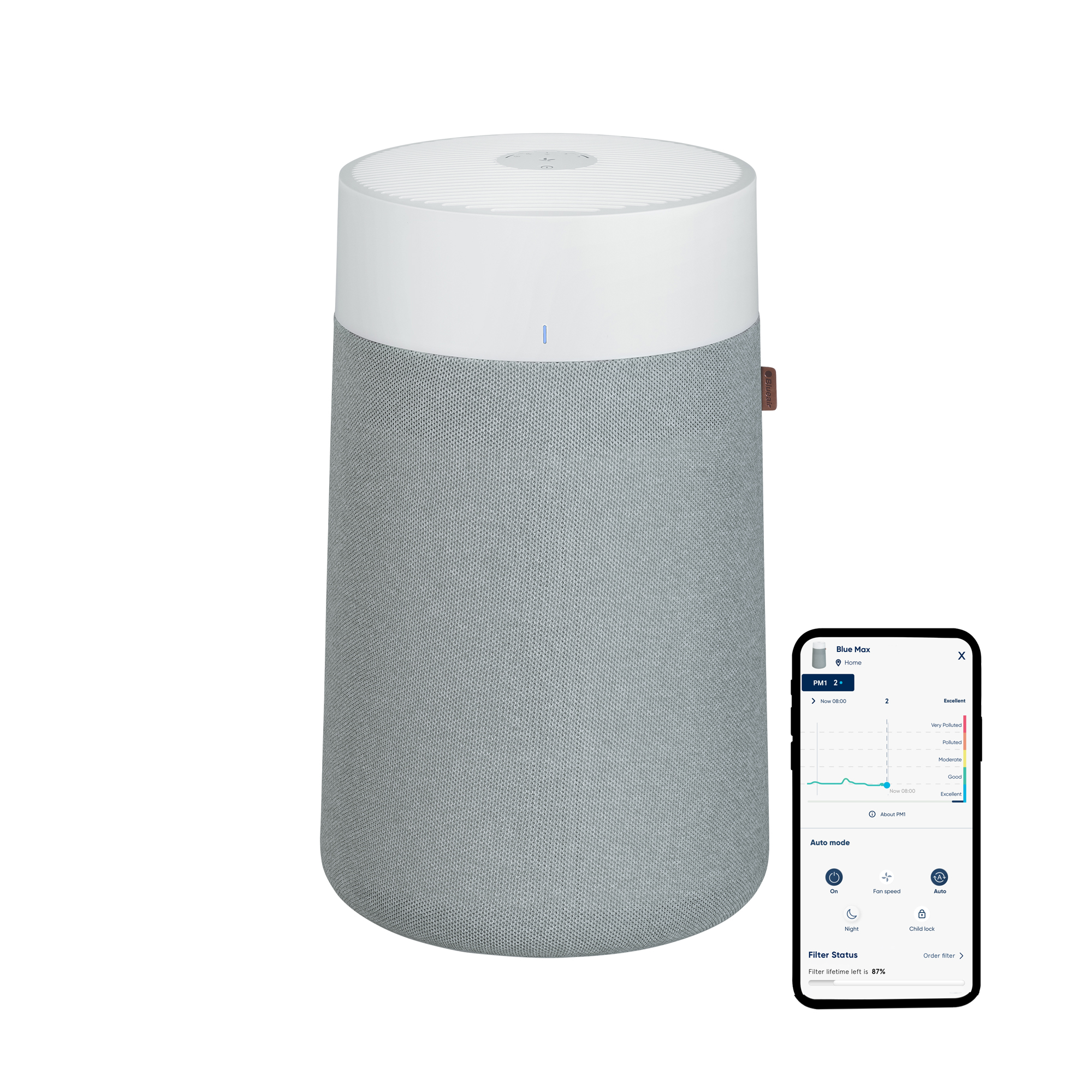
Crowned the 'best overall' air purifier we've tested so far, you can't get better than this model. With a HEPA filter capable of filtering 99.97% of airborne particles down to 0.1 microns in size, it's also only 18 dB at low fan speed and has WiFi connectivity.
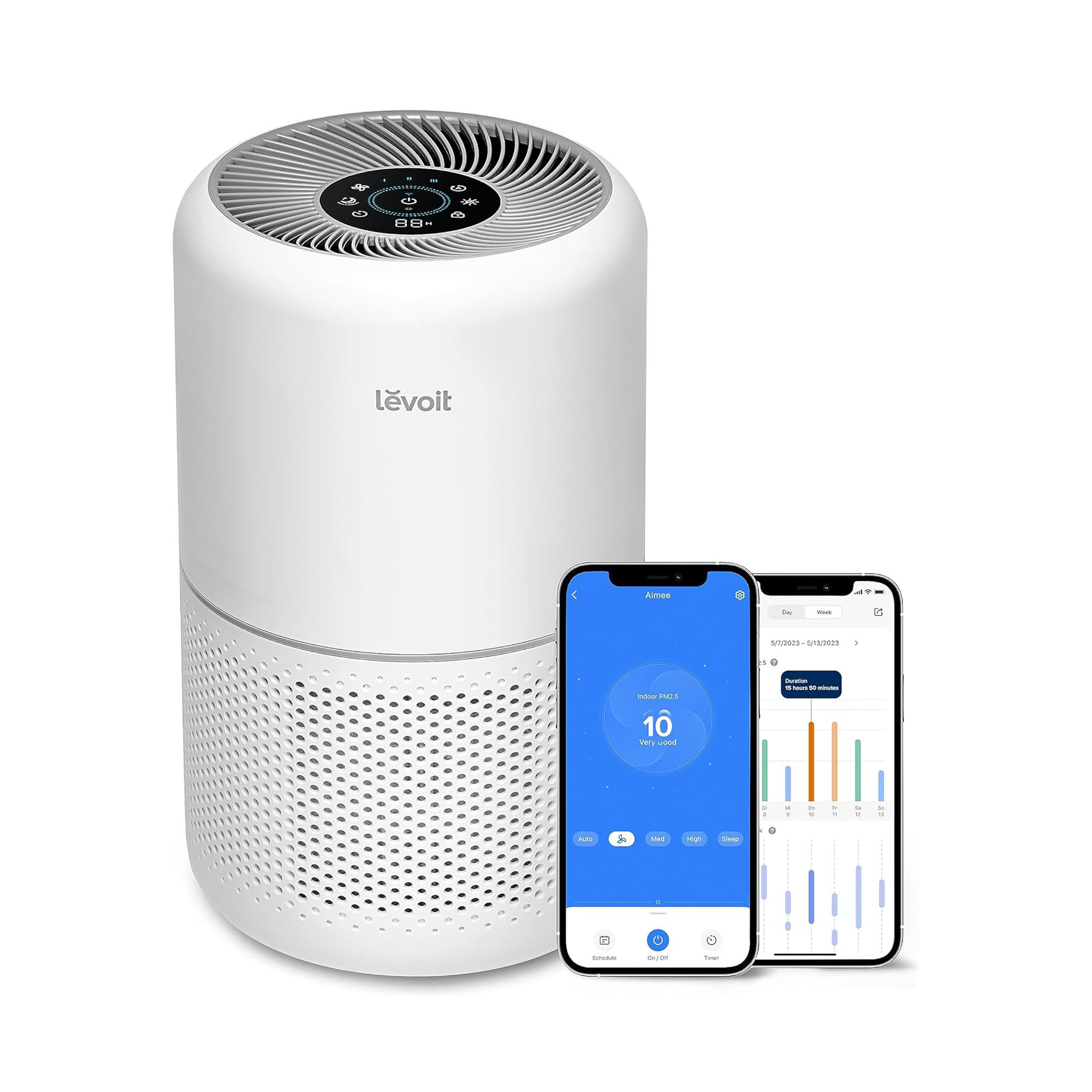
If you're looking for a smaller model, the Levoit Core 300S also offers Wi-Fi connectivity and voice-activated controls and can cover 50 m² twice per hour. The auto mode also automatically selects the most needed mode according to your air quality.
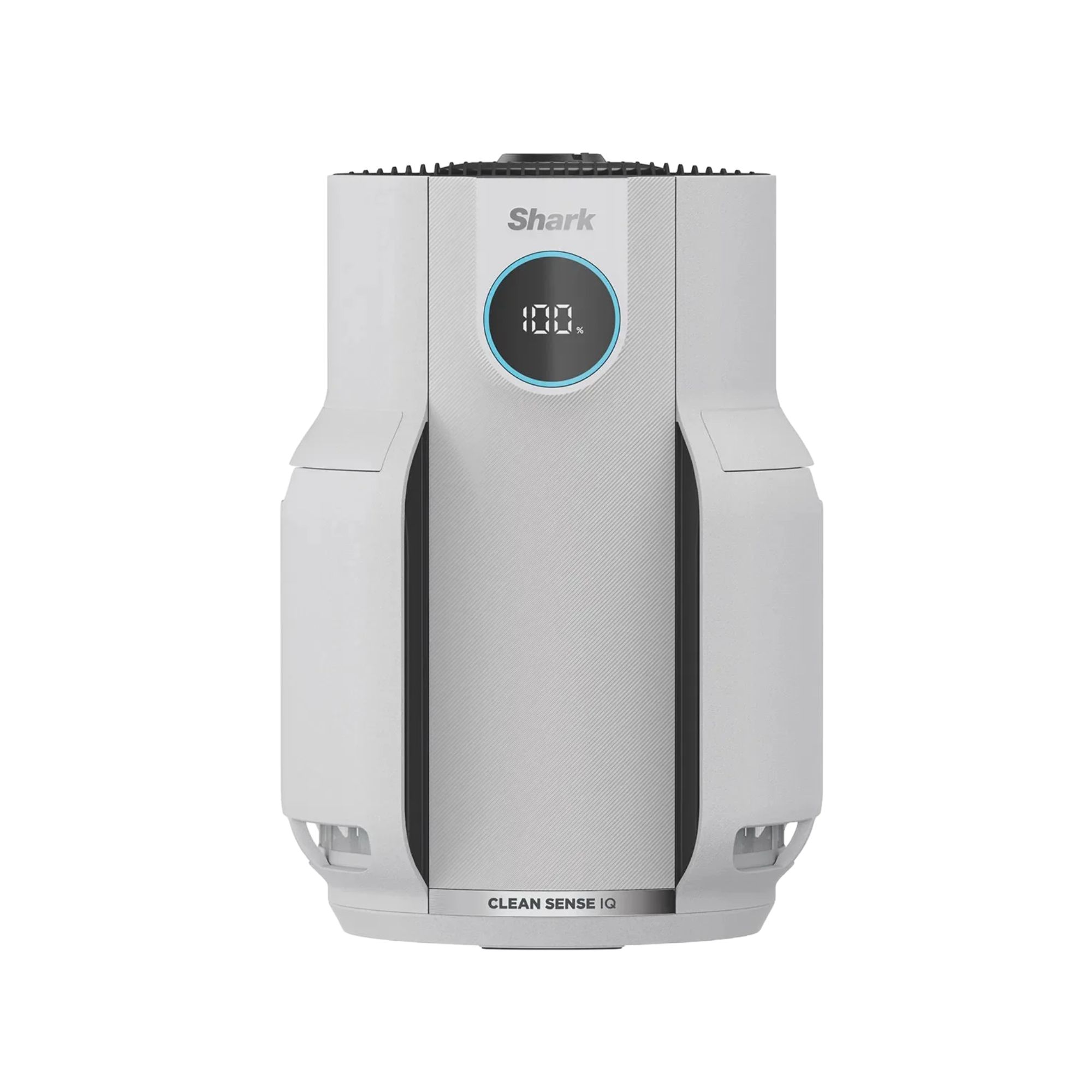
Don't want to faff around with filters? Although the Shark NeverChange5 offers DebrisDefence, Medium Particle, Activated Carbon and NanoSeal HEPA filters, they don't need to be replaced for five years. Plus, the Anti-Odour cartridge banishes smells while also cleaning your home's air.
FAQs
What is the best method of air purifier?
Generally speaking, many experts would agree that HEPA filtration is the most effective and safest method for purifying and improving indoor air quality. However, the choice still lies with you on which air purifier you deem best for your specific needs and situation.
What are the disadvantages of air purifier?
Although there are many advantages of an air purifier, there are also some disadvantages to consider. These include:
- Filter replacement costs.
- Some air purifiers are quite large.
- They can be noisy.
- They can be hard to incorporate into your design aesthetic.
- The sheer number of models out there.
- It’s another appliance using energy in your home.
- Some models generate harmful ozone.
Having read the above advice, we hope you feel better placed to decide which type of air purifier is best for you, so you can confidently make the investment with no regrets.

Lauren Bradbury has been the Content Editor for the House Manual section since January 2025 but worked with the team as a freelancer for a year and a half before that. She graduated with a Bachelor’s degree in English and Creative Writing from the University of Chichester in 2016. Then, she dipped her toe into the world of content writing, primarily focusing on home content. After years of agency work, she decided to take the plunge and become a full-time freelancer for online publications, including Real Homes and Ideal Home, before taking on this permanent role. Now, she spends her days searching for the best decluttering and cleaning hacks and creating handy how-to guides for homeowners and renters alike, as well as testing vacuums as part of her role as the Ideal Home Certified Expert in Training on Vacuums, having spent over 110 hours testing different vacuum models to date!
- Jullia JosonJunior Writer